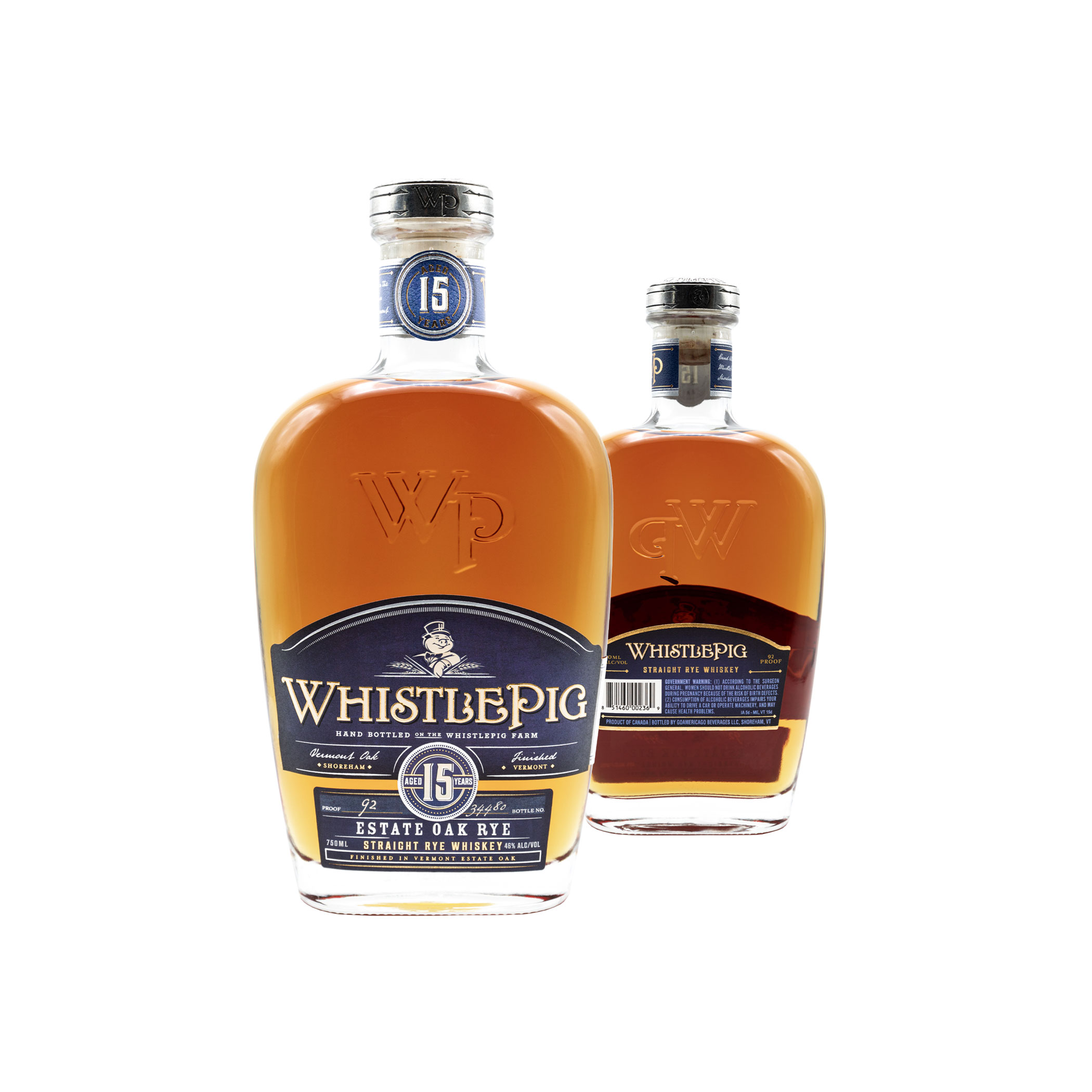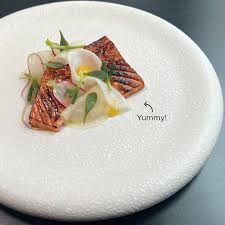
Introduction to Rye
Rye, a hardy cereal grain, has played an essential role in agriculture and cuisine for thousands of years. This versatile crop is known not only for its nutritional benefits but also for its adaptability to various climates and soils. Given the growing emphasis on sustainable and local food sources, rye is experiencing a resurgence in popularity among consumers and farmers alike. Understanding the importance of this grain can lead to enhanced food security and diversified farming practices.
Rye’s Nutritional and Culinary Value
Rye is rich in dietary fibre, vitamins, and minerals, offering numerous health benefits. Its high fibre content aids digestion and can contribute to lower cholesterol levels. Rye flour is commonly used for baking, producing hearty breads, crackers, and pastries that have a distinct, earthy flavour. Recently, the culinary world has begun to embrace rye in innovative ways, with chefs incorporating it into salads, soups, and even desserts.
Rye in Sustainable Agriculture
In the realm of agriculture, rye is being hailed as a champion of sustainability. As a cover crop, it enhances soil health by reducing erosion and improving nutrient retention. It is also effective in suppressing weeds and preventing pest infestations, significantly reducing the need for chemical herbicides. With the increasing threats of climate change and soil degradation, incorporating rye into crop rotation practices is seen as a promising solution for sustainable farming.
Recent Trends and Events
Recent studies highlight a significant rise in rye adoption among UK farmers, with many utilising it as part of their efforts towards more eco-friendly farming methods. The UK’s agricultural policy shift, favouring sustainable practices, has further encouraged the cultivation of rye. Additionally, the demand for rye products has increased in local markets, owing to a growing consumer preference for whole grain options and organic foods.
Conclusion
As the world focuses on sustainable agriculture and healthier eating habits, rye is re-establishing itself as a valuable crop both for farmers and consumers. The grain’s nutritional benefits, coupled with its environmental advantages, position it as a crucial component of the future agricultural landscape. Farmers and consumers alike have the opportunity to embrace this ancient grain, promising a new era of sustainable practices and culinary innovation within our diets. A future rich in rye could not only enhance our food system but also contribute significantly to environmental stewardship.
You may also like

Exploring the Latest Food Trends of 2023

The Culinary Journey of Glynn Purnell: A Celebrated Chef

The Evolution and Popularity of Restaurants in 2023
SEARCH
LAST NEWS
- Remembering Wendy Richard: The Promise to Co-Star Natalie Cassidy
- How Did Anglian Water Achieve an ‘Essentials’ Rating for Mental Health Accessibility?
- Shai Hope Leads West Indies in T20 World Cup Clash Against South Africa
- What We Know About Weston McKennie: Future at Juventus and Past at Leeds
- What We Know About the Upcoming Live Nation Antitrust Trial